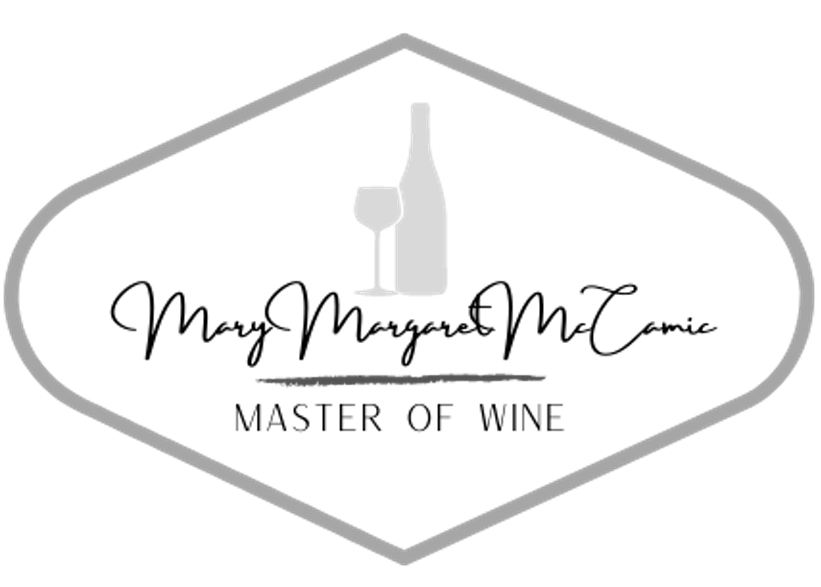Master of Wine
Discover what it means to be a Master of Wine
The Master of Wine (MW) credential is considered the highest qualification a professional can achieve in the wine industry.
Masters of Wine are considered experts in their field, and the MW qualification signifies a mastery of the wine trade as a whole. Masters of Wine are trained to objectively blind taste, identify, and analyze wines from all over the world, including everything from classics like Burgundy and Champagne to commercially relevant wines like white zinfandel.
The Master of Wine qualification also requires an extensive breadth and depth of theoretical wine knowledge. In addition to understanding the world of wine, candidates must analyze, evaluate, and ultimately, formulate new ideas and opinions. In other words, Masters of Wine have to do so much more than memorize facts about wine - they have to be able to comprehend and concisely communicate why it all matters. This is what makes the journey to become a Master of Wine so rewarding, and it is also what makes the credential so valuable for the wine trade as it continues to evolve.
What it takes to become a master of wine
Masters of Wine must complete three rigorous examinations: a practical (tasting) portion, a theoretical portion, and once both of these portions have been passed, a research paper. All portions are written in closed-book, timed conditions. To read about Mary Margaret's journey to become a Master of Wine, read her article, published here.
practical
The tasting portion of the exam requires candidates to accurately identify, describe, and assess 36 wines under blind, timed conditions. This involves three days of testing, with 12 white wines on the first day, 12 red wines on the second day, and 12 "mixed bag" (including rose, sparkling, and/or fortified wines) on the third day.
theory
The theoretical portion involves roughly thirteen essays of approximately 1,000 words written in a closed-book, timed setting. These questions require candidates to display both breadth and depth of global wine knowledge. Topics include viticulture, vinification, quality control, the business of wine, and contemporary issues.
research paper
The final stage, the research paper, can only be attempted after a candidate has successfully passed both the tasting and theory portions of the exam. It requires one single question to be extensively researched and answered in 6,000 - 10,000 words.
It is only after the successful completion of these three challenging exams that a candidate can call themselves a Master of Wine. For more information, please visit the Master of Wine website, found here.




